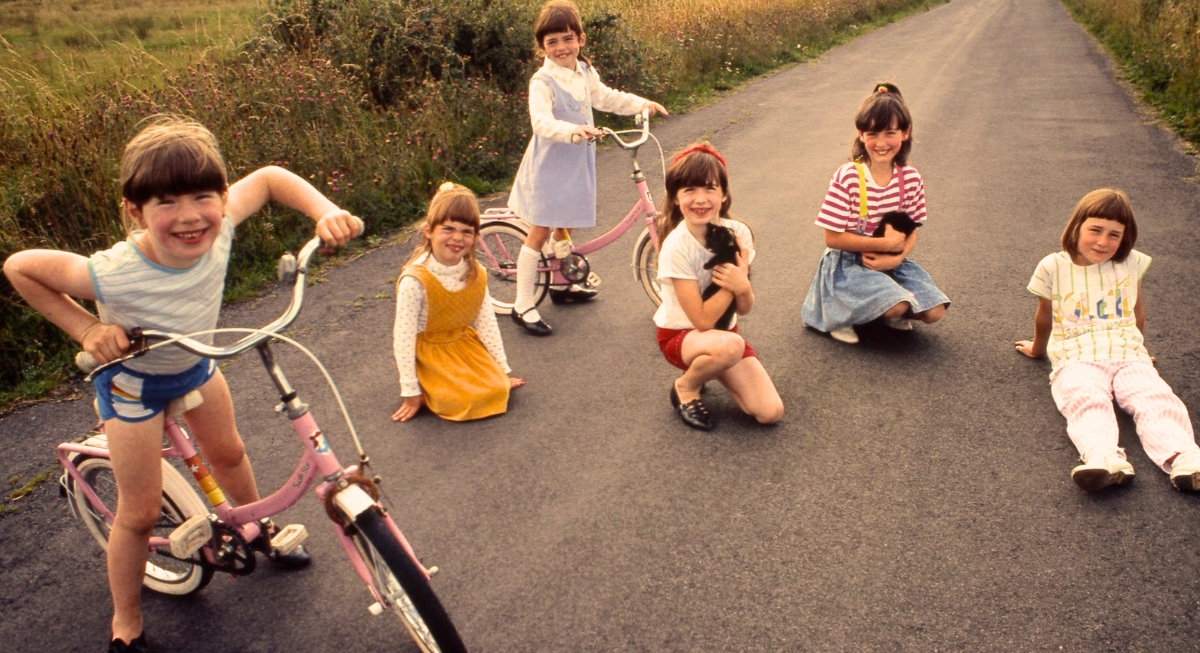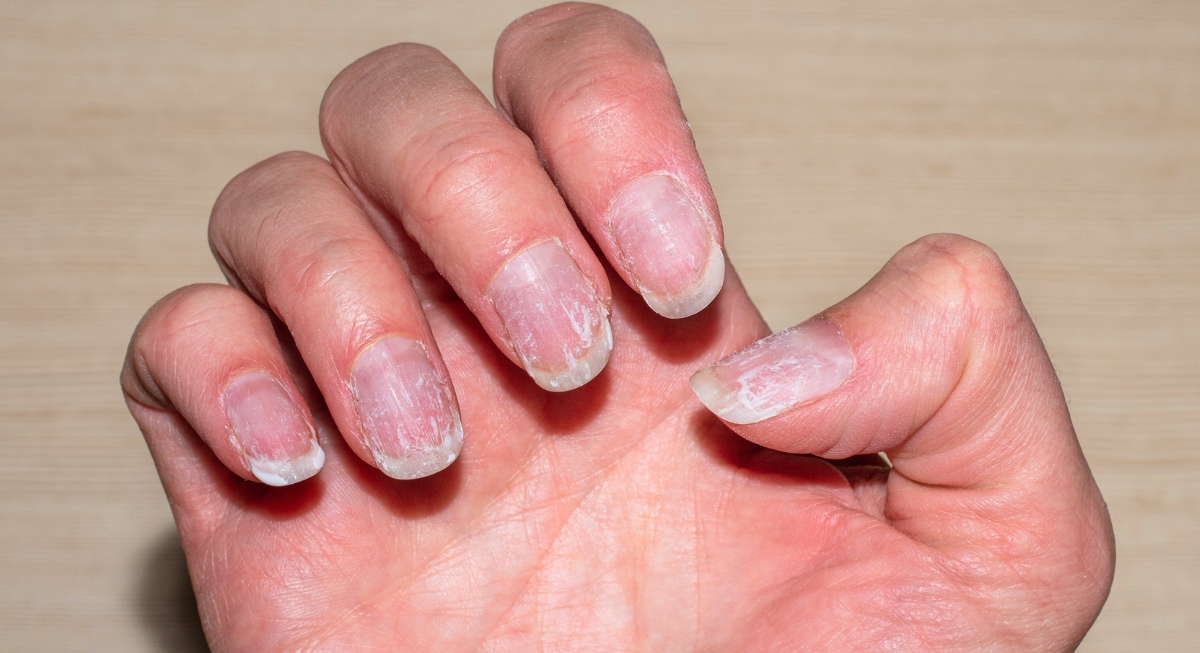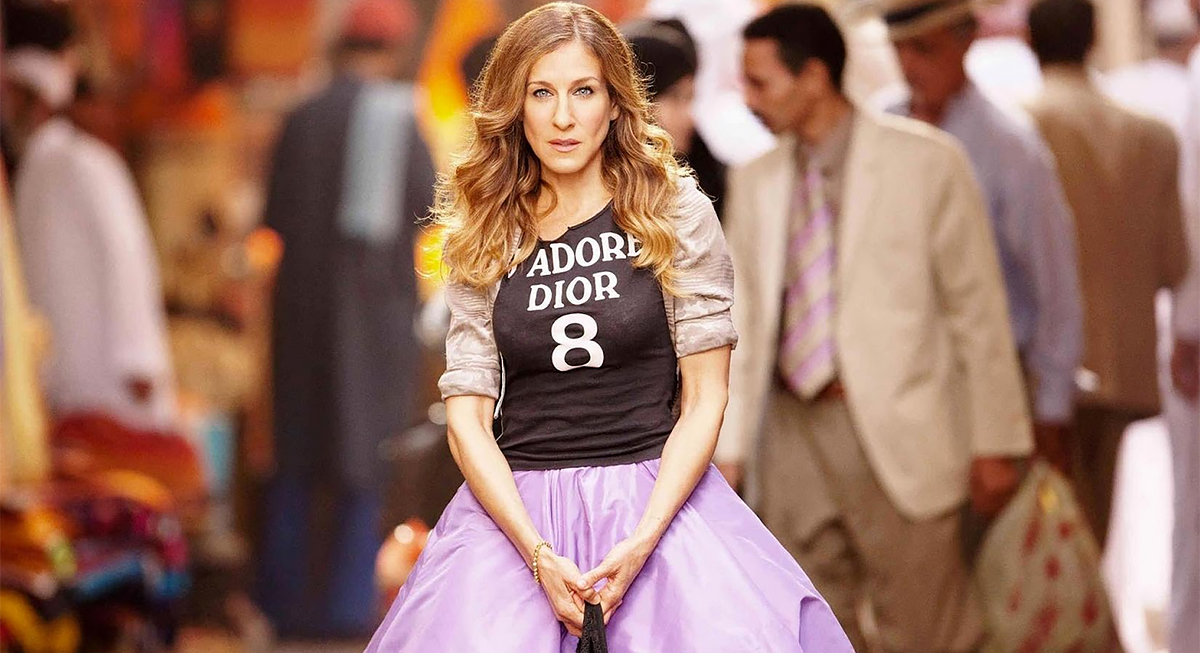The 1970s gave the world disco balls, avocado-colored kitchens, and a laundry list of beliefs that have aged. It was a time when questionable norms slipped by unchallenged. Here’s a look at some of the most baffling things folks shrugged and nodded at back then.
Smoking Was Totally Fine

Credit: pexels
Lighting up was as normal as grabbing a cup of coffee. Smoking happened everywhere—on airplanes, in restaurants, and even at your desk during work hours. The dangers of tobacco were starting to emerge, but many people shrugged it off. The 1964 Surgeon General's report had already warned about lung cancer, yet by 1970, over 40% of American adults still smoked.
Corporal Punishment in Schools

Credit: flickr
Getting swatted with a wooden paddle at school was a routine part of childhood for many. Corporal punishment was endorsed by school systems and often encouraged by parents. Teachers had paddles hanging on walls like decorations. The idea was that physical discipline built respect and character. Today, the same practice would trigger lawsuits.
Men Were the Sole Breadwinners

Credit: iStockphoto
The phrase "man of the house" meant one thing—he made the money and paid the bills. Society ran on the belief that a man's role was to work, while a woman's was to manage the home and raise the kids. Even television reinforced this idea with shows like "Father Knows Best," which still shaped expectations.
Women Needed Their Husband's Permission

Credit: iStockphoto
Independence for women still came with strings attached, especially financial ones. A married woman often needed her husband's signature to get a credit card, apply for a mortgage, or secure a business loan. Banks and institutions had policies that treated women as financial risks unless a man co-signed.
Therapy Was for "Crazy" People

Credit: iStockphoto
Going to therapy meant you had serious issues—or so people thought. Mental health care carried a heavy stigma, and those who sought help were often whispered about or pitied. Depression and anxiety were frequently dismissed as a personal weakness, and many people suffered in silence rather than risk being labeled.
Pregnant Women Could Smoke and Drink

Credit: iStockphoto
Doctors didn't always raise an eyebrow when a pregnant woman lit up or sipped a cocktail. Some even reassured expectant mothers that a bit of alcohol or nicotine wouldn't hurt. Research linking prenatal exposure to developmental issues existed, but it hadn't fully reached the public.
Seatbelts Were Optional

Credit: pexels
Clicking your seatbelt was more like a personal choice. Cars technically had seatbelts, but using them was another story. Many drivers tucked them behind the seats, thinking they were uncomfortable or unnecessary. Laws mandating seatbelt use didn't roll out widely until the mid-'80s.
Kids Roamed Without Supervision

Credit: Getty Images
Childhood was about disappearing after breakfast and reappearing by dinnertime. Kids had free rein over neighborhoods, woods, parks, and creeks, armed with nothing but bikes, peanut butter sandwiches, and imagination. Parents assumed that their kids would be fine as long as they came home eventually.
Fat Was the Enemy

Credit: pexels
Fat got villainized. Diet trends zeroed in on fat as public enemy number one, fueling a wave of "light," "low-fat," and "fat-free" products that dominated grocery shelves. People ditched butter for margarine, and creamy salad dressings were swapped for tasteless alternatives. The idea was that cutting fat meant cutting weight.
Drinking and Driving Was Common

Credit: Getty Images
Grabbing a few beers and hopping behind the wheel was part of a typical Friday night. Open containers in the car were shrugged off in many states. Ads warned vaguely about "drinking too much," but the cultural norm leaned heavily toward leniency. It took decades of advocacy and tragic headlines.
Spanking at Home Was Standard

Credit: iStockphoto
Spanking was the go-to parenting move in the '70s, and few thought twice about it. Parents believed in "tough love," and physical punishment was considered effective and necessary. Kids often heard, "This hurts me more than it hurts you," before getting whacked for everything from bad grades to talking back.
Diet Pills Were a Quick Fix

Credit: Getty Images
Diet pills were practically a fashion accessory for anyone chasing that slim silhouette. Amphetamine-based pills promised fast results with zero effort, and doctors handed out prescriptions like candy. Meanwhile, side effects were hardly mentioned. Ads glamorized the process by pairing weight loss with beauty and success.
Hair Defined Your Identity

Credit: Getty Images
A man with long hair was making a statement, and women with short hair could spark raised eyebrows or even outright judgment. Conservative circles clung to traditional grooming, while counterculture movements used hair to push back hard. Afros, mullets, perms, shag cuts—each one carried social weight.
Doctors Were Never Questioned

Credit: Canva
Whatever the doctor said went. There were no second opinions or Google searches. Physicians were seen as unquestionable experts, and patients rarely challenged their advice, even if it didn't feel right. It also centered on hierarchy because asking too many questions could be seen as disrespectful or unnecessary.
Talking About Feelings Was Weak

Credit: Canva
Opening up about emotions in the '70s often meant opening yourself up to ridicule. Stoicism was the gold standard, especially for men, who were taught early that crying or sharing feelings made them soft. "Suck it up" was the mantra. Even in families, difficult conversations were dodged in favor of tough love or awkward silence.





